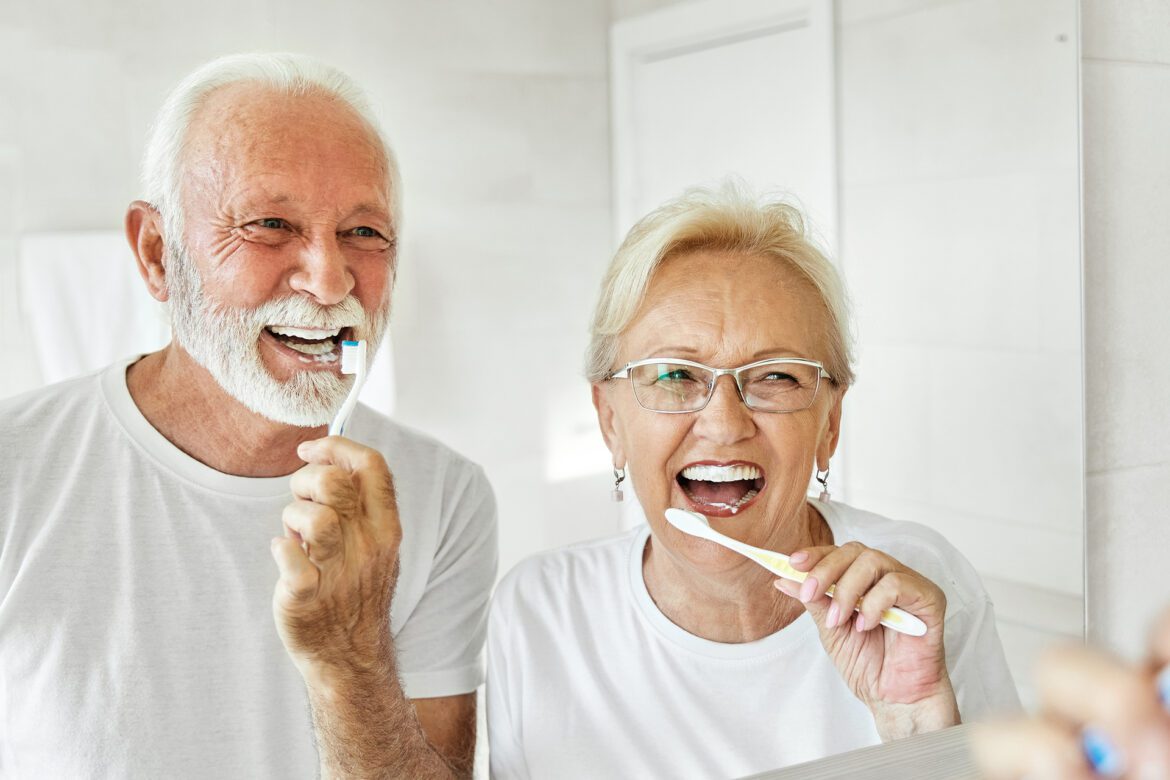Courtney Sands couldn’t escape the throbbing ache in the back of her mouth. The Pennsylvania mom
needed root canals and crowns for two molars to get rid of the pain-triggering infection.
But a trip to an endodontist this spring triggered a different type of pain – one that has become
familiar to many dental patients. Before the specialist would begin the drilling procedure, his office staff
demanded that she pay thousands of dollars upfront.
Sands returned one week later to get crowns for her two molars. Even though she had dental
insurance through her job and her husband’s, she had to pay before she received care. So she charged more than
$6,000 on a credit card with a high interest rate.
The dental insurance plans eventually reimbursed her a fraction of what she’d paid to treat her oral health emergency. One dental insurer gave her $1,000, the other $395.
Sands might be considered among the lucky Americans when it comes to dental care. More than half of U.S. adults don’t have consistent access to dental care, and untreated issues such as oral infections can harm overall health. Although many people face these barriers to routine care, dental coverage has gained little traction among political leaders.
Vice President Kamala Harris and former President Donald Trump, have traded barbs over abortion and lowering the price of insulin. One health-related topic neither candidate has emphasized is how to extend dental care to the tens of millions of Americans who lack insurance.
Covering oral care, it turns out, is a popular stance: an overwhelming number of voters want leaders to shore up the
nation’s patchwork dental care system.
About 9 in 10 voters support adding a dental benefit to Medicare, according to a poll
of 1,000 registered voters commissioned this summer by the nonprofit CareQuest Institute for Oral Health, which is
focused on access and equity, and the Oral Health Progress and Equity Network. The issue has nearly universal
support among Democratic voters and 85% support from Republicans.
Neither Harris nor Trump mentions extending dental coverage in their platforms or major speeches. The candidates’
priorities in their Sept. 10 debate included the price of groceries and the future of the Affordable Care Act, but
neither has consistently advocated for dental care or oral health.
The need for it is undeniable. Nearly 69 million U.S. adults did not have dental insurance or access to routine
oral health care last year, according to CareQuest. Millions more lost
dental insurance last year when states began to unwind Medicaid
coverage for people who signed up during the COVID-19 pandemic.
Medicare, the federal health insurance program mainly for adults 65 and older, does not offer routine dental coverage. Nearly half of Medicare enrollees had not visited a dentist in more than a year as of 2018, according to an analysis by KFF, a nonprofit health policy organization.
“Far too many people in this country have discovered that oral health care is too expensive and out of reach,” said Melissa Burroughs, director of public policy at CareQuest. “Yet this issue has been really on the back burner when it comes to policy conversations and the political commitment to addressing it.”

